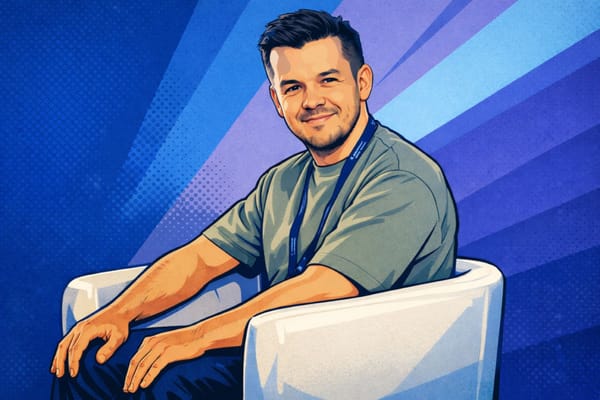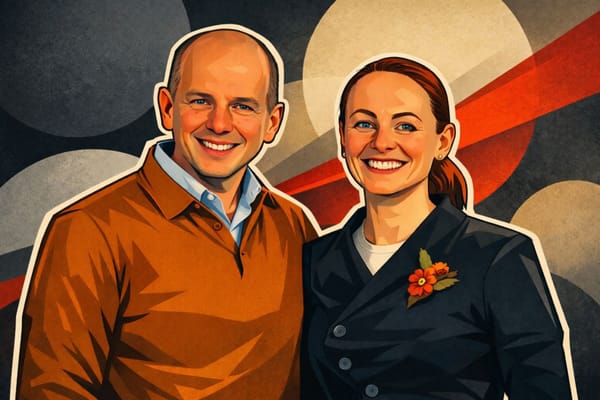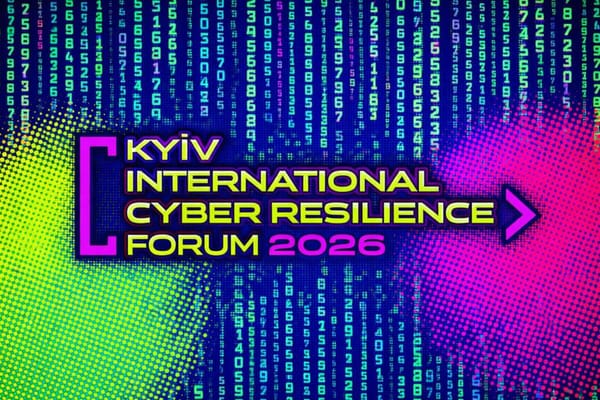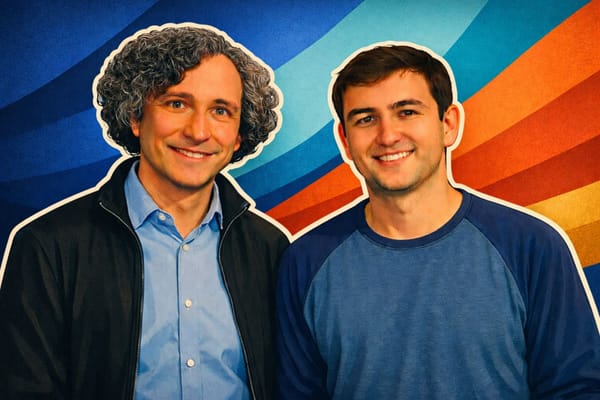Oppenheimer Acceleration Launches Syndicate With First $500K Investment in Ukraine’s Swarmer
The Silicon Valley-based fund opens a new gateway for defense-tech investors, launching its first syndicate with a $500,000 deal in AI drone startup Swarmer.
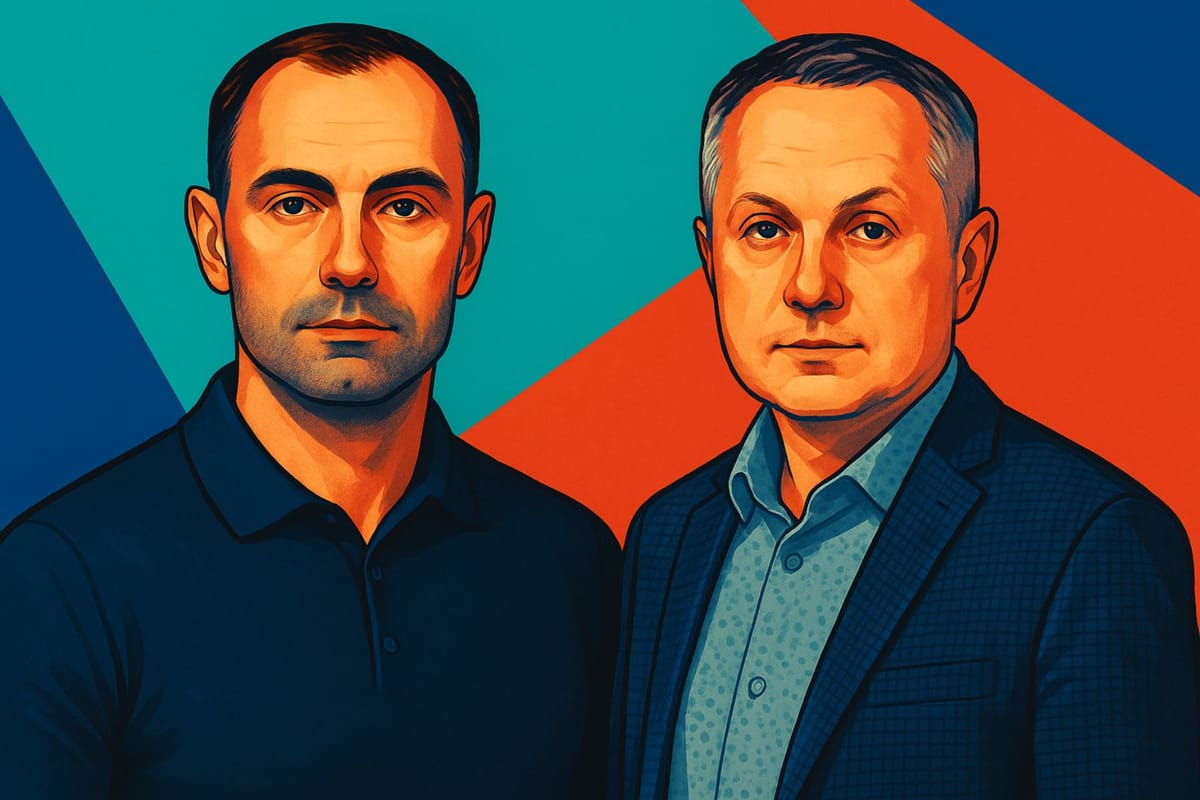
KYIV, Ukraine — 7 November 2025
A newly formed venture fund from Silicon Valley is making its first move in Ukraine’s defense-tech sector. Oppenheimer Acceleration, launched under the Network.VC Group, has closed its inaugural $500,000 deal with drone-swarm developer Swarmer, according to the fund. The company is already recognized for securing the largest defense-tech investment in Ukraine since the start of the full-scale war.
The fund represents a new structure designed to make participation in military and dual-use technology deals more accessible to private investors. With a minimum entry threshold of $5,000 through the Startup Inc. platform, the initiative lowers traditional venture barriers and allows individuals to co-invest alongside institutional players.
According to the fund, Oppenheimer Acceleration’s mission is to serve as a financial bridge connecting Ukrainian and international investors with advanced defense startups. It aims to channel capital into technologies that reinforce national and global security — from AI-powered autonomy to robotics and aerospace systems.
The defense-tech sector itself is experiencing record global momentum. In 2025, venture investments in military technology reached $1.77 billion in the first quarter alone, while total U.S. defense-tech investments surpassed $28 billion for the year, according to PitchBook data cited by Oppenheimer. This surge reflects a structural shift toward long-term government funding and sustained demand for next-generation security innovation across the U.S., EU, and Ukraine.
Founded by investor Oleksandr Soroka, Oppenheimer Acceleration has deep roots in both Ukraine and the U.S., running parallel acceleration programs in Silicon Valley and Kyiv. The fund works closely with ecosystem partners such as Brave1 and the Sikorsky Challenge, offering startups access to mentoring, tactical consulting, and demo days for international venture audiences. Its management team includes Soroka and Valeriy Omelchenko as managing partners, with Olexander Khyzhnyak leading program operations in Ukraine and the U.S.-based Kal Deutsch and Jeff Wallace advising on acceleration strategy.
Oppenheimer’s focus extends beyond capital, combining commercial expertise with defense-specific support. The firm assists startups with technical validation, government testing, and access to U.S. and Ukrainian procurement pathways — effectively bridging two defense markets.
For Swarmer, the deal marks another milestone in a year of momentum. In September, the Kyiv-based company raised a landmark $15 million Series A led by U.S. investor Broadband Capital Investments. The round included participation from R-G.AI, D3 Ventures, and Network VC. The company develops AI-driven swarm autonomy software used in tens of thousands of missions by Ukrainian forces and positions itself as a software-only coordination layer for multi-drone operations in GNSS-denied environments — areas where GPS signals are jammed or unavailable.
Soroka said in earlier comments that Swarmer and Bavovna — another defense startup in the Oppenheimer portfolio — stand out for already securing contracts in both the U.S. and Europe. “The U.S. is the largest market, and access to it opens up a completely different level of opportunities,” he said.
The launch of Oppenheimer Acceleration signals the growing institutionalization of Ukraine’s wartime innovation ecosystem. By linking Silicon Valley capital with frontline-tested technology, it reflects a broader shift: defense startups from Ukraine are no longer seen as regional experiments but as global players in a rapidly professionalizing sector.
Support UA Tech Journal
UA Tech Journal is an independent, reader-supported publication. Your donation helps us report on Ukraine’s startup ecosystem for a global audience.


